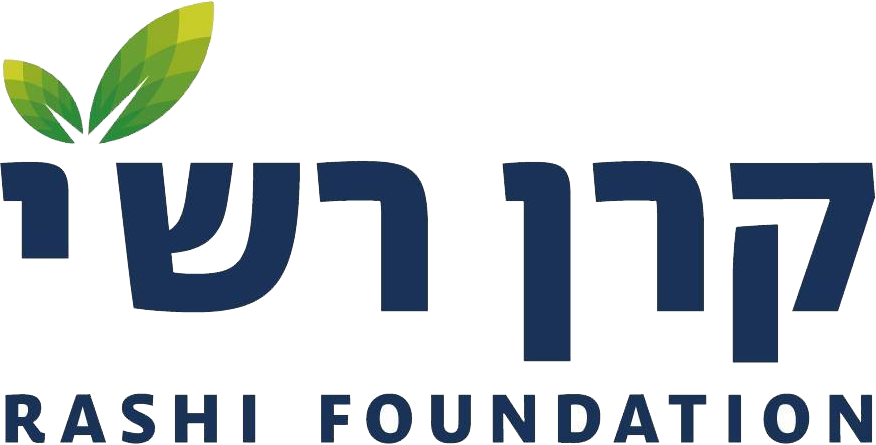Designing a work model and practices for dealing with neglect, to ensure children’s wellbeing within the family by improving the ability of parents to answer their needs.
Children in Neglect
Neglect is defined as the continuous inability of parents to provide for their child’s basic physical or emotional needs. This most common form of child mistreatment has serious implications on his or her development and life trajectory.
The Mifgash (“encounter” in Hebrew) initiative targets children whose needs are not sufficiently attended to, and whose situation may deteriorate if no one intervenes. Developing a new model for dealing with neglect, the goal of the initiative is to ensure children’s protection and wellbeing within the family by improving the ability of parents to answer their needs.
The intervention model deals directly with neglect and its consequences, while also addressing the factors that are the root causes of neglect. A key element of the program, and probably the most significant driver of change, is the connection its staff builds with the family.
As planned, the program was incorporated in 2019 within the services offered to families at risk by the Ministry of Social Services. Now we are continuing to develop an extension program targeting families in particularly high-risk situations, where an intensive intervention is required so that the children will be able to remain at home.

Partners
Government
Related Programs
Developing and implementing a model for coping with collective trauma and strengthening the resilience of communities that foster recovery among heir members
Developing the human capital and organizational culture in social services departments as a key to improving their effectiveness and the quality of service delivery.
Cross-sector collaboration to strengthen communities in the social-geographic periphery and promote their members’ mobility and quality of life from birth to old age.






